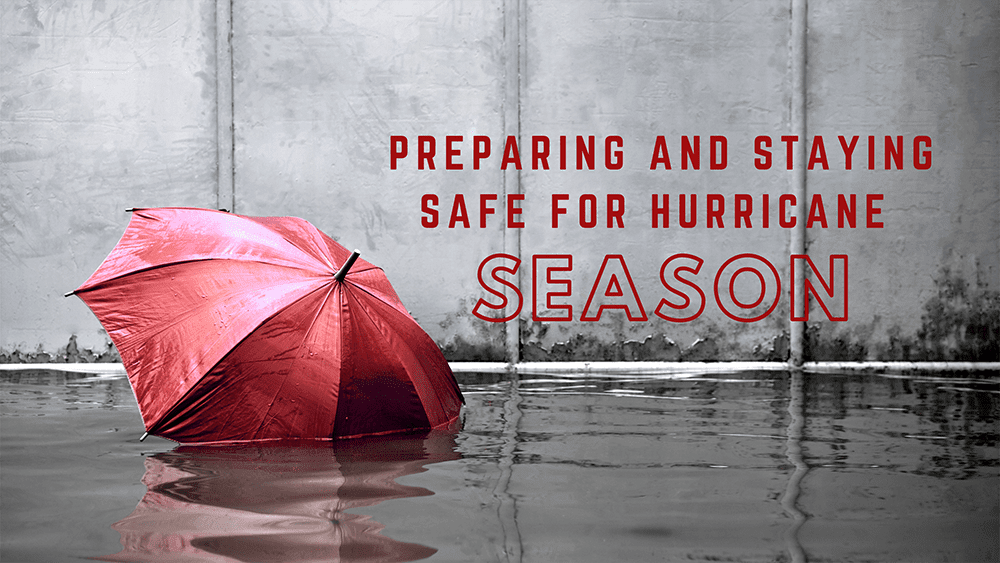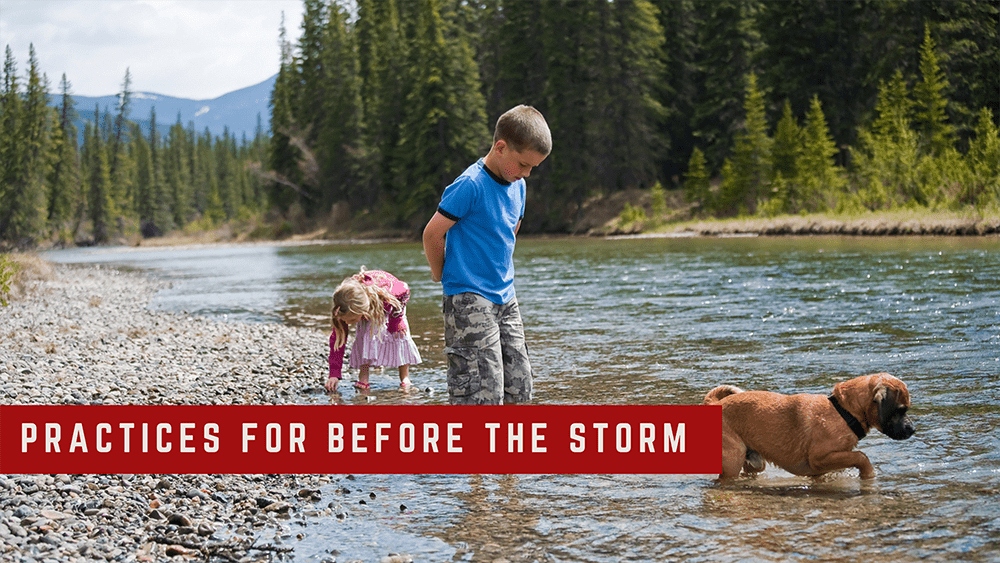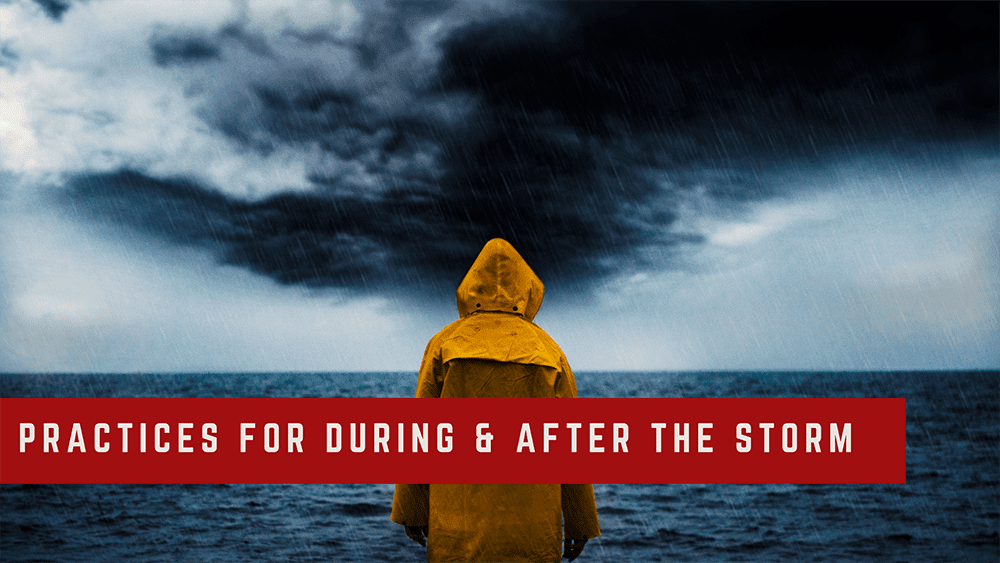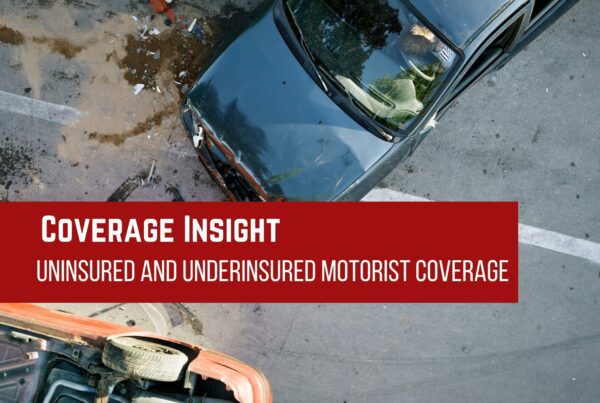With Hurricane Ida terrorizing houses from New Orleans to New York, many are regretting skimping on their flooding insurance this last month. Even areas that have no bodies of water around them can experience damage resulting from the tropical storms that hurricanes bring! Keeping yourself protected for the worst circumstances is what insurance is here for. Flood insurance can keep your mind at ease, even during a drastic flooding incident.
Prevention is the key. Let’s go over how to keep yourself safe before, during and after hurricane season, for the remainder of Ida and for any inevitable future hurricanes
Assessing Your Risk
New York State has many bodies of water both within and surrounding it. While it allows for fun trips to the beach and relaxing boat trips on the lake, it also increases the risk of flooding during hurricane season. Assessing how much flood risk your property may have is a good way to keep yourself and your family safe. By using your own past experience, experience from your neighbors, or helpful websites like www.myfloodrisk.org, you can decide how likely you are to be affected by a flood.
Buy Flood Insurance
Now that you have a good idea of the likelihood of being affected by a flood, the first thing you can do is to insure your property. Review your current homeowners policy, as many base insurance policies do not cover damage from flooding or storms. If your current insurance doesn’t cover it, talk to your insurance representative about how you can add flooding and storm damage insurance. Don’t wait until hurricane season is already here! Policies tend to go for less during the months before, so it will be beneficial to plan beforehand.
Inspect Your Home
Once hurricane season is upon you, making sure your house is as secure as possible will help
reduce and perhaps even prevent water from coming in. Ensure you don’t have any visible cracks or holes around the sides of your house. Put up sandbags as a way to divert water away from any openings or risk areas you may have. If possible, relocate important furniture or items that you can’t risk losing to a higher area of the house.
Prepare a Safety Kit
A last precaution is to prepare a safety kit in case of emergencies. Packing a bag full of all the essentials that you might need in a situation where the flooding requires evacuation will help alleviate some of the stress during hurricane season. Pack things like water, extra food, a radio, batteries, a portable phone charger, and flashlights. Keep yourself and your family safe by staying prepared!
Stay Inside
Assuming you are in an area that is high risk, follow all of the local guidelines provided by the authorities. Stay inside when you are advised to. Keeping inside during the storm will prevent getting trapped due to water affecting the roads and keep you in a place where you are secure.
Stay Out of the Water
If you are affected by flooding, either inside or outside of your house, do not go into the water. Flooding water can have pollution, debris, sewage and other hazardous materials inside of it. To keep yourself safe from sickness or injury, avoid the water if at all possible.
Contact Your Insurance Agent
If you have flood damage from the storm, contact your Insurance agent as soon as possible. Your agent can help you with the claim process and what to do first to prevent further damage to your home.






